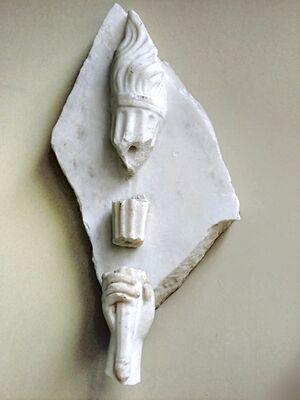Civil liberties facts for kids
Civil liberties are important personal freedoms and rights that a government cannot easily take away from its people. These freedoms are often protected by laws and special documents. They make sure that everyone is treated fairly and can live safely.
Civil liberties include many basic rights. For example, they include the right to speak freely, to choose your own religion, and to gather peacefully with others. They also include the right to be safe from harm, to have privacy, and to be treated equally by the law. Everyone has the right to a fair trial and the right to live freely. Other important liberties are the right to own property and the right to protect yourself.
What Are Civil Liberties?

Many countries today have a special document called a constitution. Some also have a "Bill of Rights." These documents list and protect the civil liberties of the people. They explain what the government can and cannot do when it comes to these freedoms. Sometimes, people might disagree about what exactly counts as a civil liberty or how far these rights should go.
The idea of civil liberties goes back a long time. One of the earliest and most famous documents that talked about these freedoms is the Magna Carta. This was an English legal paper agreed upon in 1215. It was based on older ideas and helped set the stage for many of the civil liberties we have today. It showed that even kings had to follow certain rules and respect people's rights.
See also

- In Spanish: Libertades civiles para niños


